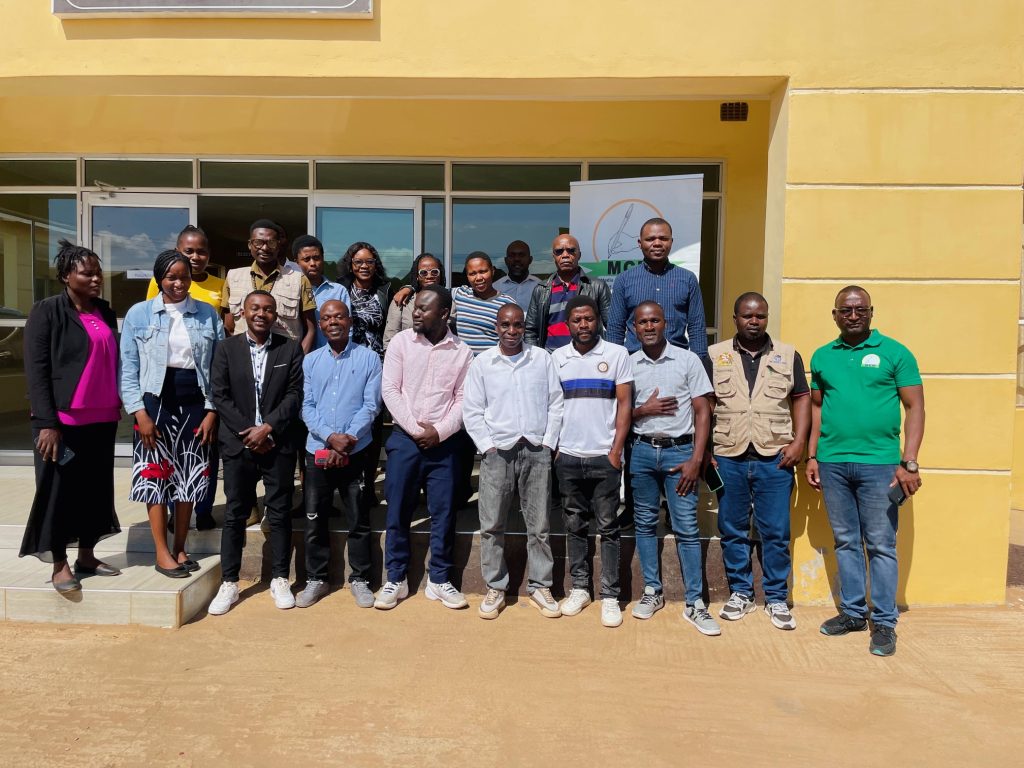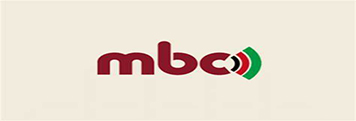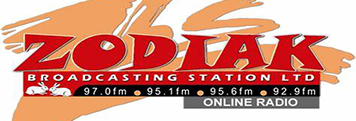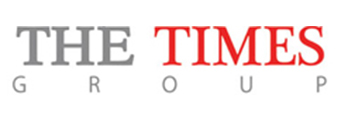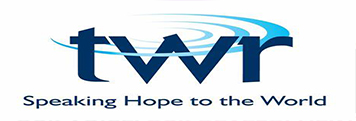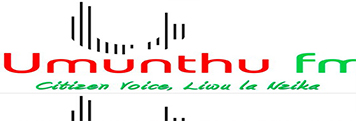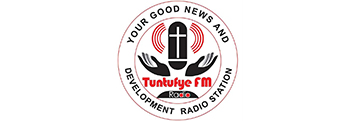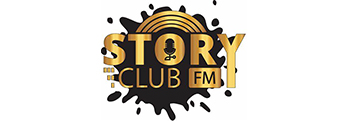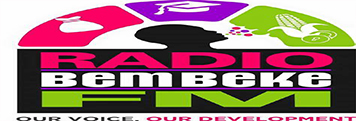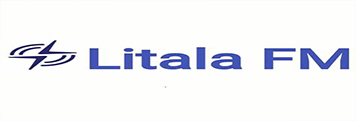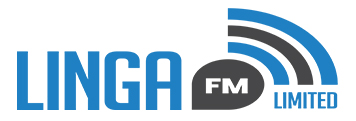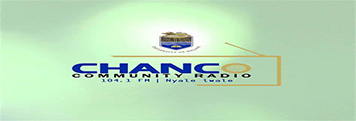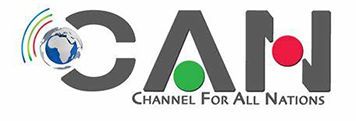The Media Council of Malawi (MCM) has trained journalists from community radio stations across Malawi’s Central Region, emphasizing the importance of collaboration in promoting integrity, transparency, and accountability in election reporting.
The training aimed to enhance participants’ understanding of legal contexts, media ethics, and professional standards in election coverage. It also provided a platform to share best practices, with a focus on safety, responsible reporting, and complaints handling during the electoral period.
In his opening remarks, Media Council of Malawi Executive Director Moses Kaufa encouraged participants to prioritize accuracy and deliver reliable information to the public, particularly during the election period. He highlighted that well-informed reporting enables communities to make informed and responsible decisions.
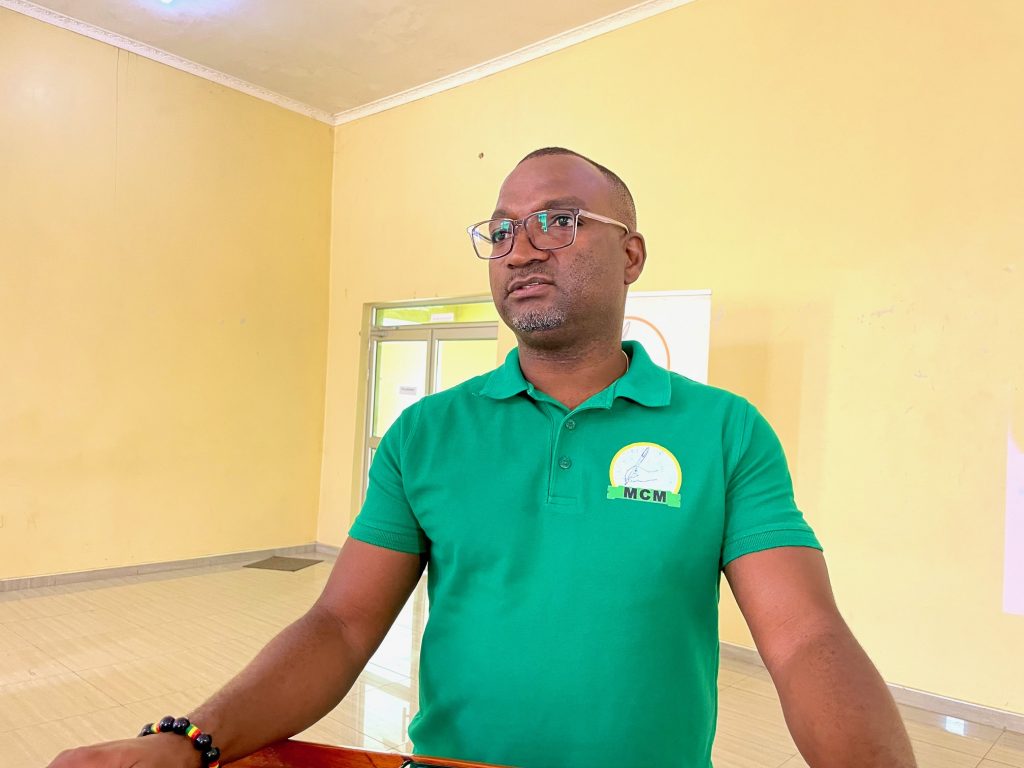
“We are now in an election period and everyone depends on journalists or media outlets to receive credible information and we felt that we needed to capacitate media practitioners to make sure that they operate professionally but also it is an opportunity for us to navigate challenges we normally face when covering elections and to respond to emerging trends that are coming with the new technologies,” said Kaufa.
The Executive Director pointed out that many journalists lack up-to-date knowledge of current electoral developments, identifying this as a key gap in election coverage. He urged journalists to cultivate a habit of reading and to familiarize themselves with important legal frameworks, including the Code of Ethics in Elections Reporting, the Media Code of Ethics and Professional Conduct, the Access to Information Act of 2016, the Presidential, Parliamentary and Local Government Elections Act of 2023, and the Malawi Electoral Commission Act.
The facilitator, Winston Mwale, founder and Editor-in-Chief of Africa Brief, guided participants through key topics including best practices for election coverage, audience information needs during elections, and the effective use of new media in covering elections and citizen journalism.
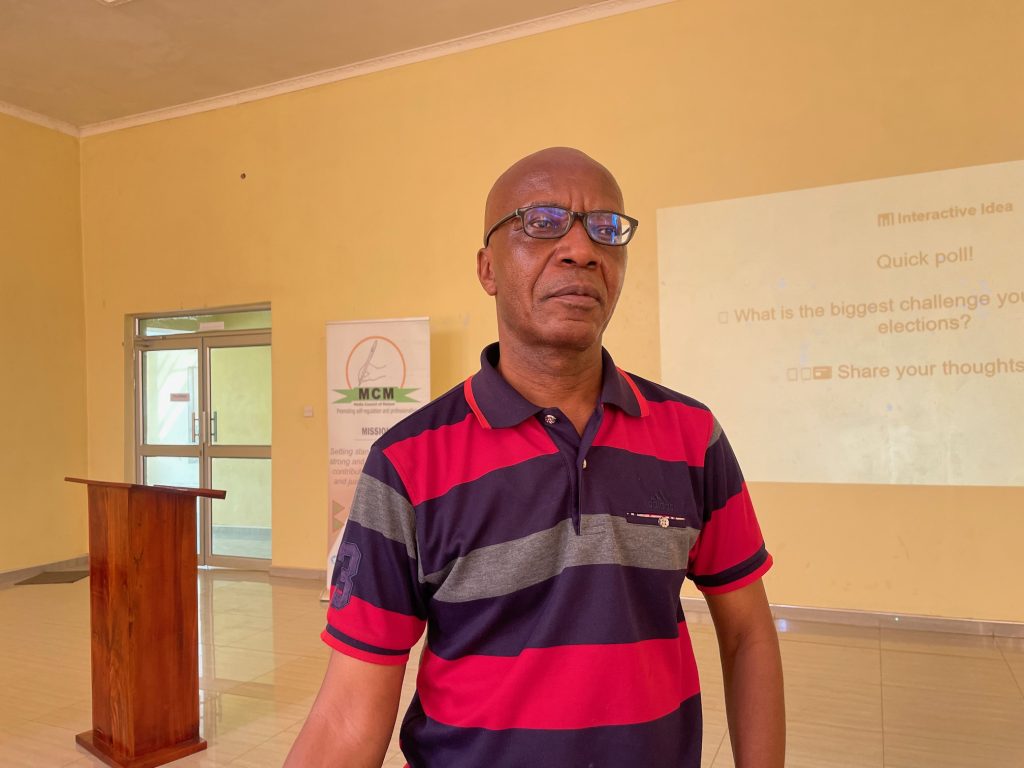
Mwale encouraged participants to prioritize accuracy by verifying information before publication, noting that elections often see a rise in misinformation, malinformation, and disinformation. He emphasized that upholding ethical standards is essential for maintaining credibility as journalists.
One of the participants, Topson Banda from Kasungu Community Radio, commended the Media Council of Malawi for organizing the timely training, stating that it has equipped them with the knowledge to uphold ethical standards during the upcoming 16 September elections and provided guidance on how to ensure their safety while covering the polls.
The initiative is supported by the National Endowment for Democracy and is also part of a UNESCO-funded project under the International Programme for the Development of Communication (IPDC), which aims to strengthen the capacity of community media houses and promote sustainable operations.

